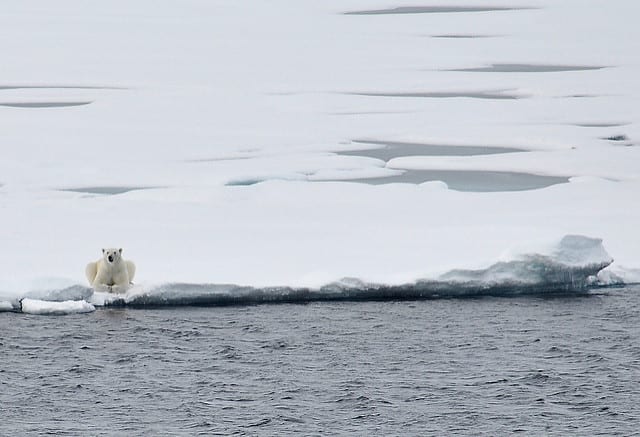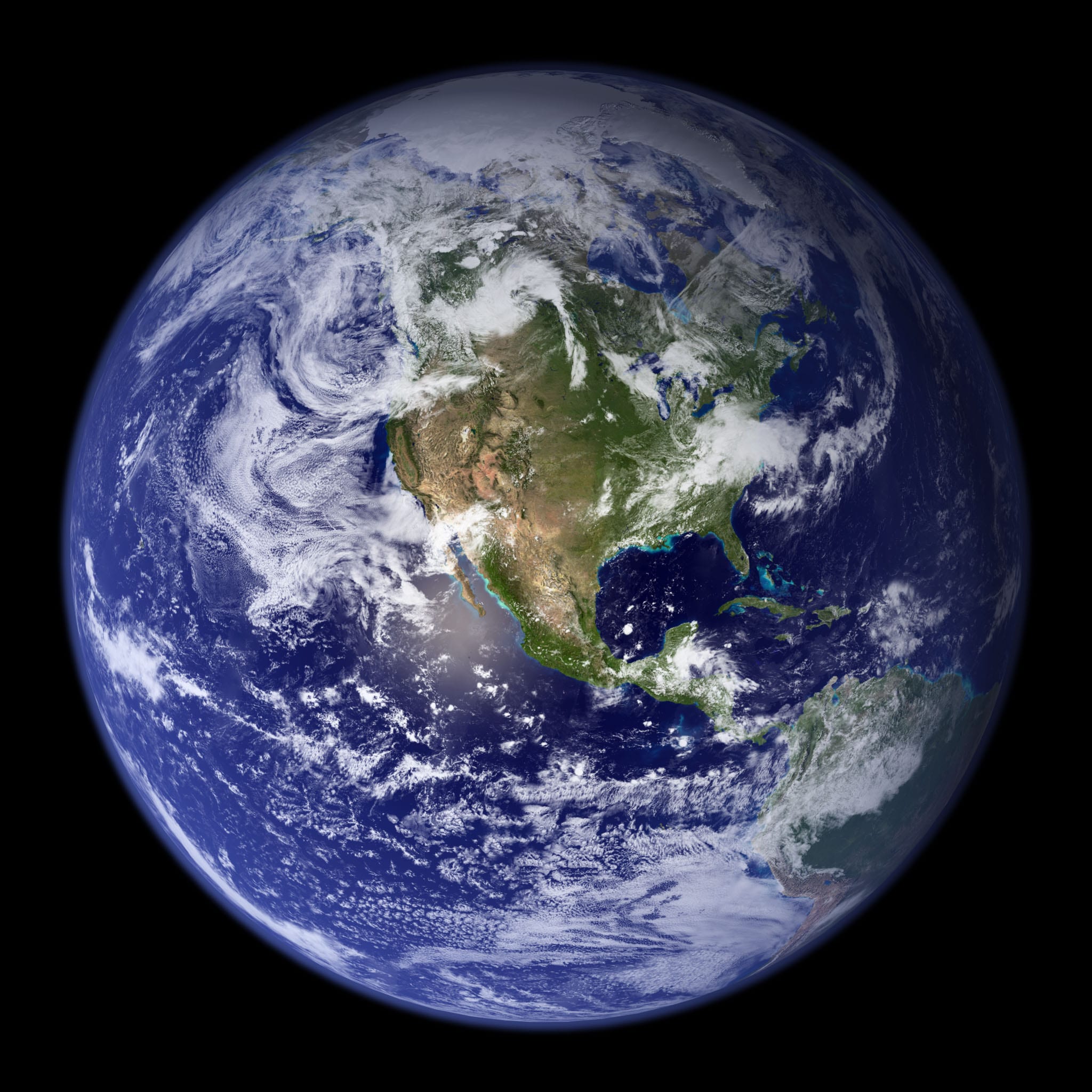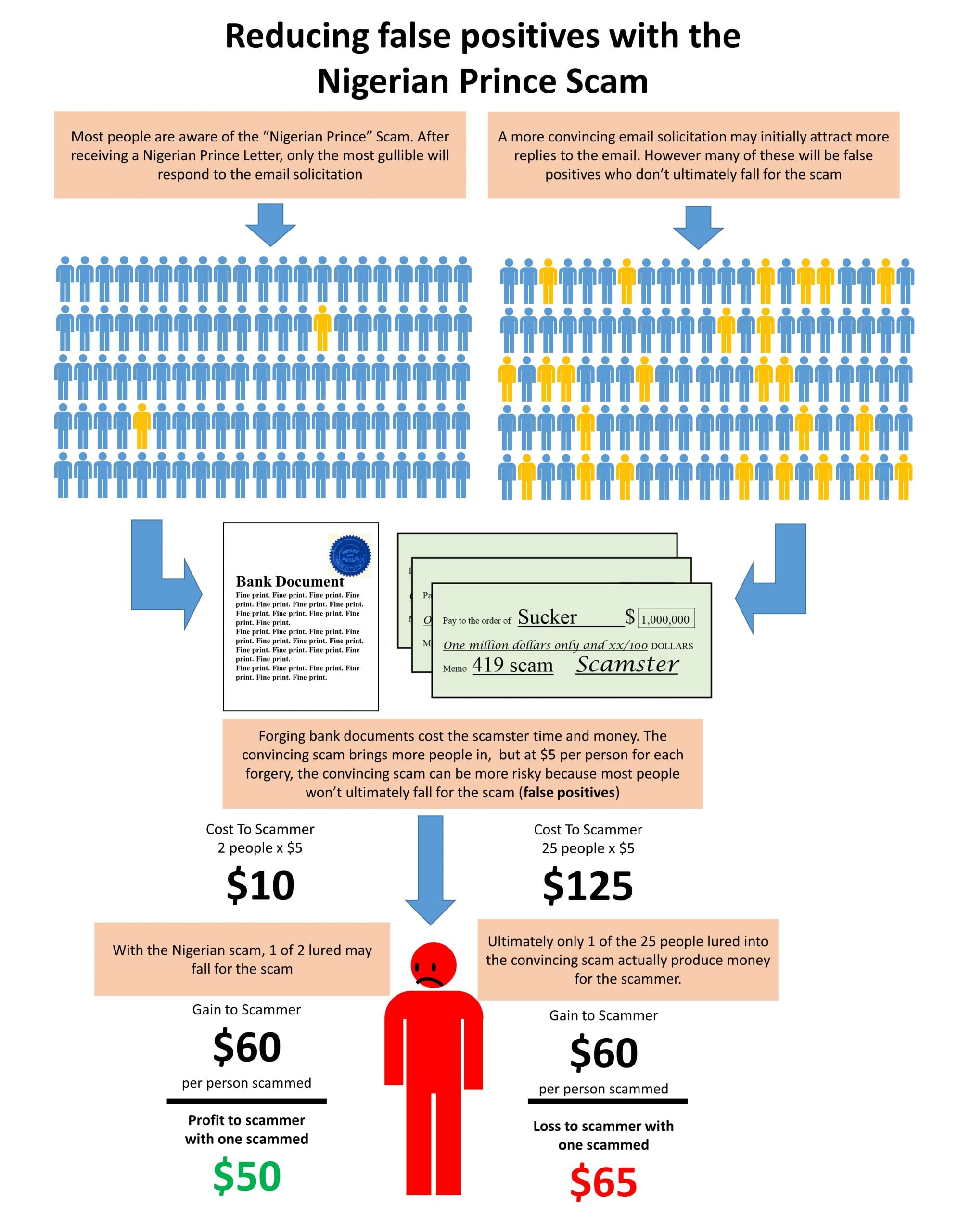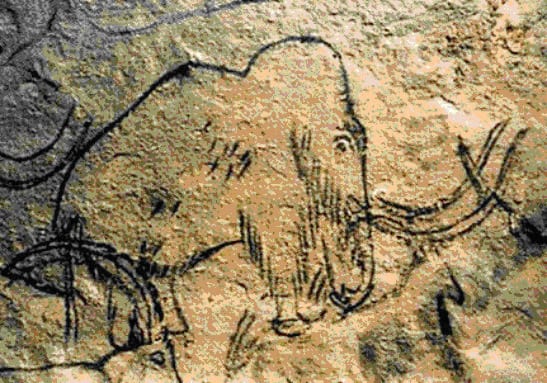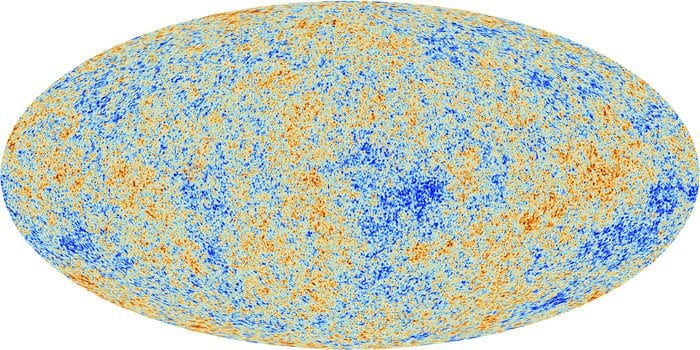
Lightsabers: Science fiction, or scientific possibility?
“Any sufficiently advanced technology is indistinguishable from magic†Arthur C. Clarke SciFi is one of the most popular genres of storytelling out there. Greats like Lucas, Asimov, and Shelley have inspired generations to think weirder and imagine bigger. In the last 15 years alone, we have developed prototypes for jetpacks, driverless cars and organ printing

